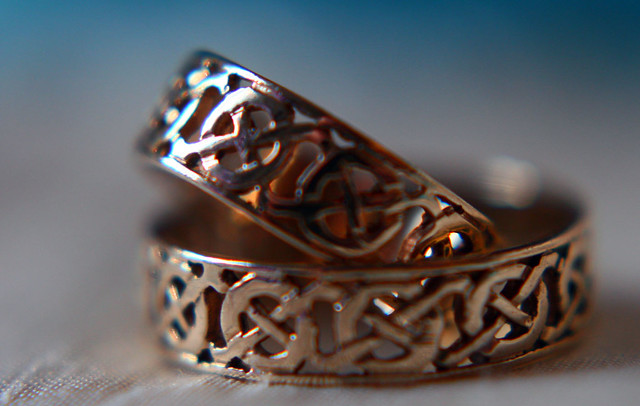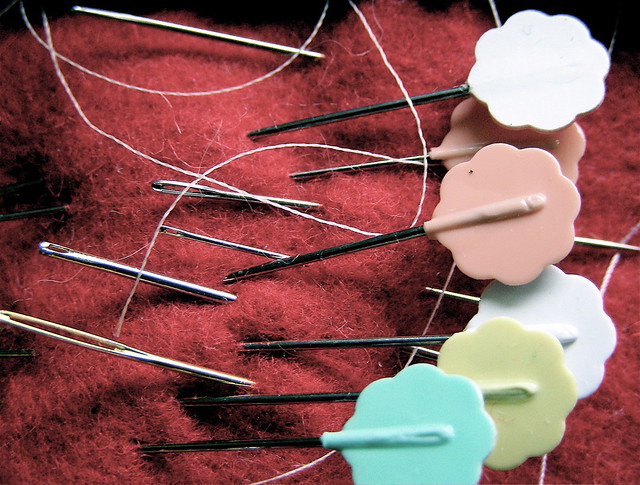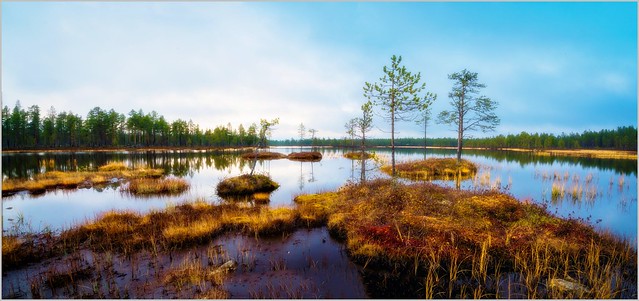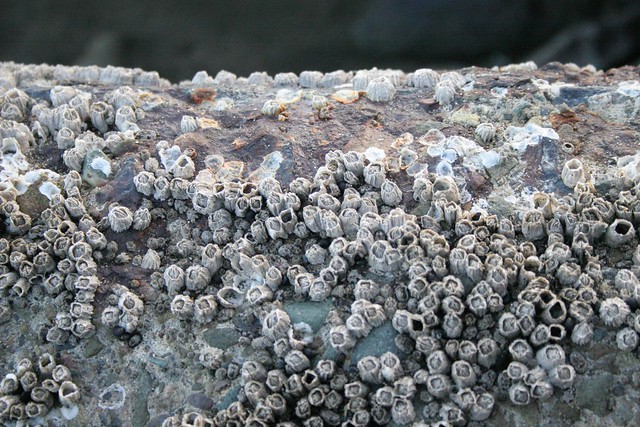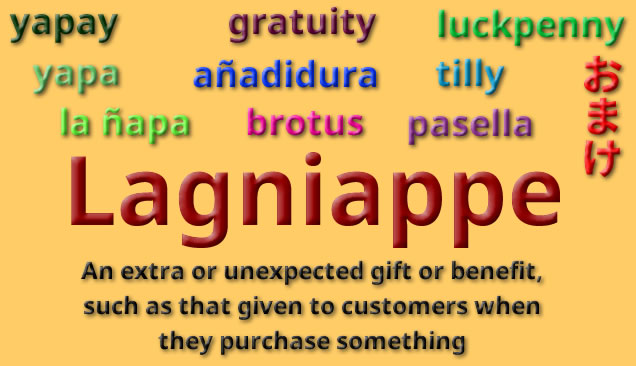Podcast: Play in new window | Download
In this episode we find Celtic fingers among French jewelery.
The French word bijou means a jewel or piece of jewellry. It was borrowed from the Breton bizou (ring, jewel), which comes from biz (finger), which is ultimately comes from the Proto-Celtic *bistis (finger), from the PIE *gʷist- (twig, finger) [source].
Related words in the modern Celtic languages include:
- bys [bɨːs / biːs] = finger (of hand/glove), toe, medium, agency, hand (of clock) or latch and byson = ring in Welsh
- bys = finger, digit, and bysow = ring in Cornish
- biz [biːs] = finger, hand (of clock), tooth (of tool), leg (of anchor), tentacle or tendril, and bizou [ˈbiːzu] = ring, jewel in Breton
Words from the same PIE roots possibly include kvist (twig, stick) in Norwegian and Swedish, and gisht (finger) in Albanian [source].
The French word bijou was borrowed into English and means a jewel, a piece of jewellery, a trinket, or a small intricate piece of metalwork, which are collectively called bijouterie / bijoutry [source].
Bijou in English can also mean small and elegant (residence), or something that is intricate or finely made. This sense comes via Sabir (Mediterranean Lingua Franca) from Occitan pichon (small, little), which possibly has Celtic roots: from Proto-Celtic *kʷezdis (piece, portion) [source].
In Polari, a cant used in the London fishmarkets, in the British theatre, and by the gay community in the UK, bijou means small or little (often implying affection), and a bijou problemette is a little fault or problem [source].
More about words for Fingers and Toes in Celtic languages.
You can find more connections between Celtic languages on the Celtiadur blog. I also write about words, etymology and other language-related topics on the Omniglot Blog.
Radio Omniglot podcasts are brought to you in association with Blubrry Podcast Hosting, a great place to host your podcasts. Get your first month free with the promo code omniglot.
